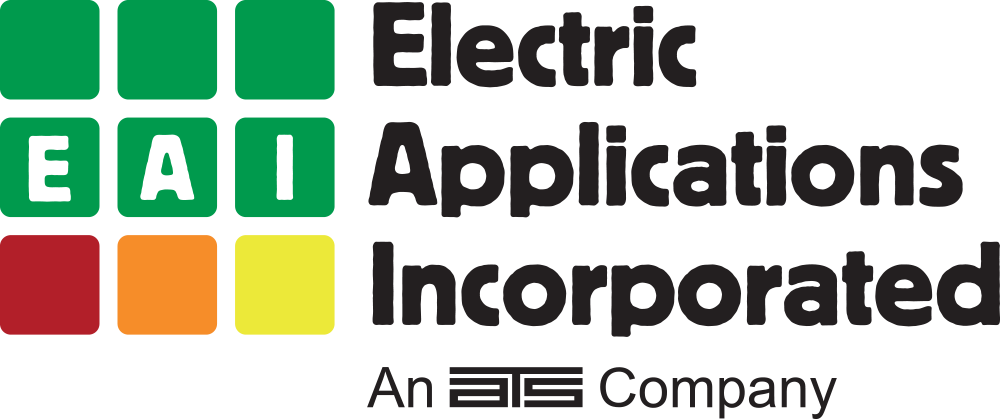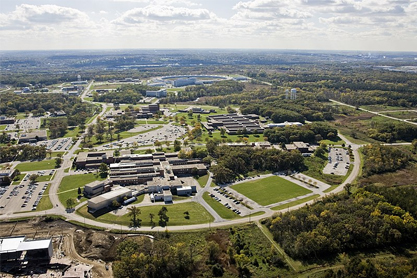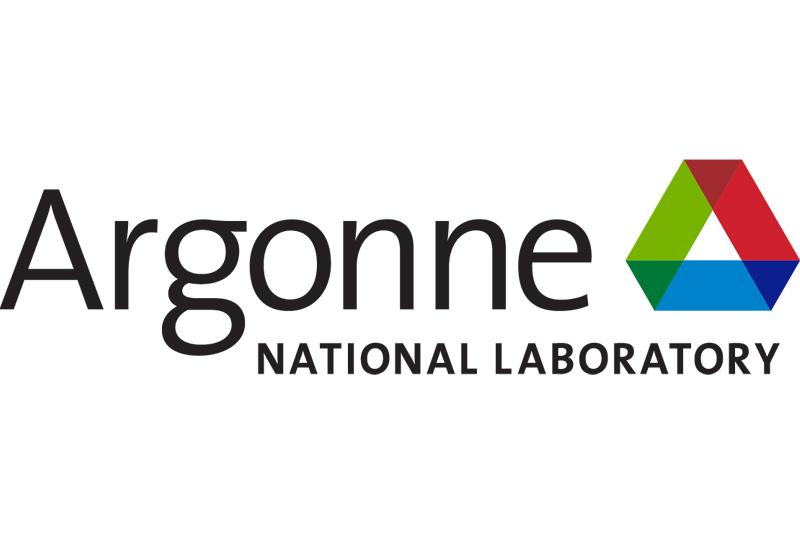Lead Battery Science Research Project
Relevance:
For lead batteries to play a significant technology role in emerging market opportunities such as grid level energy storage, a deeper understanding of the material science of the electrochemical reactants and products is required to enhance key performance parameters, i.e. efficient and rapid charge with increased cycle life capability. The Lead Battery Science Research Program is a collaboration of the lead battery industry and the Argonne National Laboratory ( part of the the United States national laboratory system) to conduct investigative work in pursuit of this understanding. Managed by Electric Applications Incorporated the three-year Program is jointly funded by tis industry participants and the United States Department of Energy.
Approach:
The United States lead battery industry has engaged the scientific resources of Argonne National Laboratory to study the material science of the lead battery reactants and products in both real time and in greater resolution than previously capable. The Argonne resources include world class scientists utilizing the Advanced Photon Source synchrotron, producing high energy X-ray radiation and Argonne’s Materials Science Division laboratories employing advanced electrochemical analysis techniques.
Collaborators:
The United States lead battery manufacturing industry is broadly represented, including:
- Participant member companies: Clarios, Crown Battery, Doe Run Co., East Penn, EnerSys, Exide, NorthStar, Trojan Battery and RSR Technologies.
- Associate member companies: Advanced Battery Concepts, Borregaard, Cabot, GridTential, Hammond, Teck, Microporous and Superior Graphite.
Accomplishments:
ANL scientists have successfully adapted their advanced equipment and techniques to the harsh conditions found within lead-acid cells. Unique approaches to collect and interpret very large and complex data sets have been developed. The first 6-months of the LSBRP program is already providing exciting and revolutionary new information over existing lead-acid scientific knowledge and understanding.
Roadmap:
- To date investigations have focused on the electrochemistry of the lead battery system, and in particular on studying planar negative electrodes. The next program phase will move to the additional complexities afforded by pasted electrodes, both negative and positive.
- Future program extensions will include improving battery design to maximize energy density and advanced battery management protocols.


